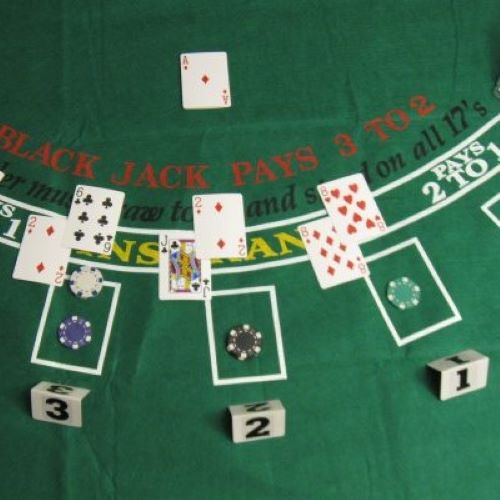
The MIT Blackjack Team was a secret society of university students who beat the world’s casinos with card counting in the 1980s and 1990s. The players used sophisticated strategies, teamwork, and investments worth millions, achieving incredible profits. It is estimated that they earned a total of $50 million (several billion forints in today’s value) with the method between 1979 and 2000. The 2008 film 21 was based on this true story. A Tudás.hu journalist asked mathematician Endre Csóka, a senior research fellow at the Rényi Institute, about the society’s method.
“Casinos made a design mistake in the past: they assumed that the deck contained the same number of cards and that players were dealt them randomly. But this would only be true if we were talking about an infinite deck. In reality, the deck is finite, and if someone were to observe which cards had already been dealt, they could conclude that the distribution of the remaining cards had changed. Let’s take a simple example: if you shuffle four decks, there are 16 aces and 16 twos. If during the game we see that 8 twos have already been dealt, but only 5 aces, then we have a better chance of getting an ace than a two in the following hands. Players began to exploit this: they played with small bets when the situation was unfavorable, and with large bets when they had a mathematical advantage. Teamwork served to outwit the casino’s surveillance system. "A single player's betting pattern might have been suspicious, but if several people worked together, it was easier to hide the strategy," says Endre Csóka. The interview reveals that casino rules now prevent the use of similar methods.
"The MIT Blackjack Team called on the help of game theory for all this. What is the essence of game theory?" asks the journalist. "The basic idea of game theory is that many real-life situations, such as market competition, can be described as games. Market participants are the players, economic rules are the rules of the game, and everyone has possible strategies. Depending on who chooses what, they can realize different profits or losses," - answers mathematician Endre Csóka in an interview with Tudás.hu.
The full article can be read here.
